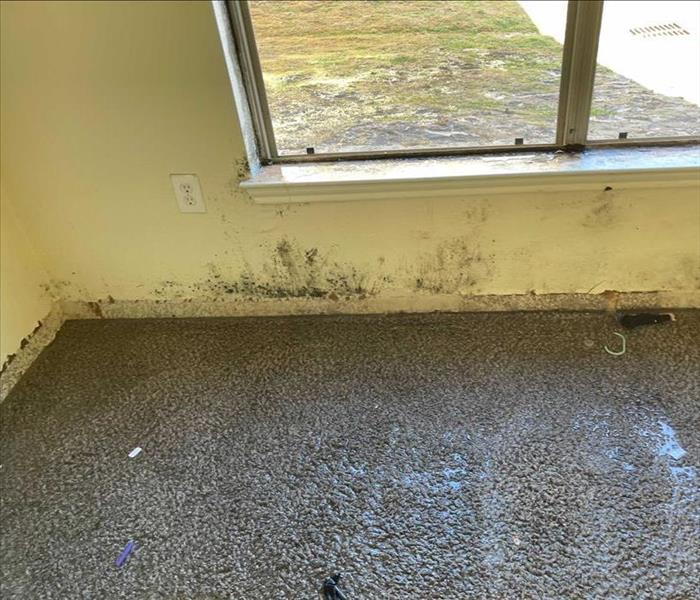How to prepare for a storm or flood type event close to your home.
1/27/2022 (Permalink)
- Prepare a few emergency kits
- Prepare a household flood plan
- Keep a list of emergency telephone numbers
- Check your insurance policy to see if you are covered for flood damage
If flooding is predicted, make your safety a priority and if you have time try to prepare your property:
- Secure hazardous items
- Roll up rugs, move furniture, electrical items and valuables to a higher level
- Place important personal documents, valuables and vital medical supplies into a waterproof case in an accessible location
- If you are relocating, take your pets with you if it is safe to do so. If not provide adequate food and water and move them to a safer place
If rising waters threaten your home and you decide to move to a safer location, tell the police, your nearest State Emergency Service (SES) unit or your neighbors of your plans to move.
Relocating to safer ground:
- Monitor your local radio for warnings and advice
- Pack warm clothing, essential medication, valuables and personal papers in waterproof bags along with your emergency kits.
- Raise furniture, clothing and valuables onto beds, tables and into roof space place
- Empty freezers and refrigerators, leaving doors open to avoid damage or loss if they float.
- Turn off power, water and gas and take your mobile phone
- Whether you leave or stay, put sandbags in the toilet bowl and over all laundry/bathroom drain holes to prevent sewage backflow
- Lock your home and take recommended relocation routes for your area
- Do not drive into water of unknown depth and current
Too late to leave?
- Monitor your local radio for warnings
- Get to higher ground
- Switch off electricity and gas supplies to your home
- Prepare to move vehicles, outdoor equipment, garbage, chemical and poisons to higher locations
- Prepare for the wellbeing of pets
- Raise furniture above likely flood levels
- Check your emergency kits
- Do not allow children to play in or near floodwaters
- Avoid entering floodwaters,. if you must do so, wear solid shoes and check depth and current with a stick
- Stay away from drains, culverts and water over knee deep.
- Do not use gas or electrical appliances that have been in floodwater until checked for safety
- Do not eat food that has been in floodwaters
If you need help putting any of this together or still have questions about how to prepare for a storm or flood, call us at SERVPRO of East Central Austin for additional help.



 24/7 Emergency Service
24/7 Emergency Service
